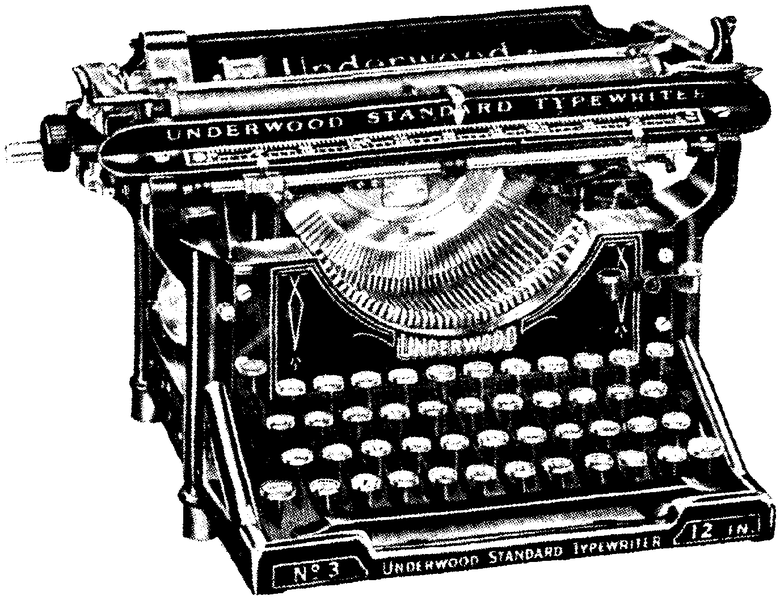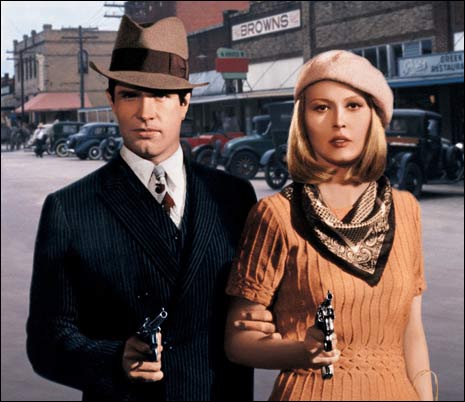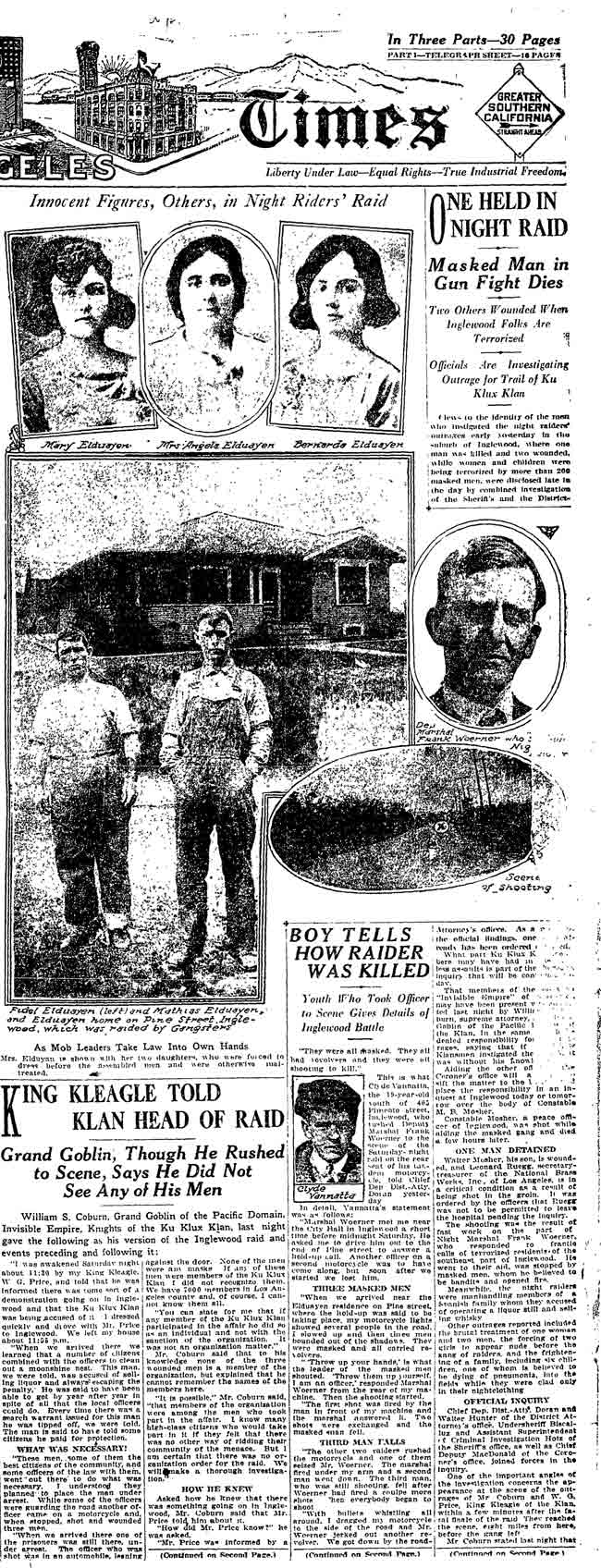A bunch of great articles from this year that made me rethink assertions, informed me or entertained me. All available for free.
- “Getting Bin Laden” (Nicholas Schmidle, New Yorker): The best long-form journalism of the new century. Perfect writing and editing. Will be read with equal fascination 50 years from now.
- “The Movie Set That Ate Itself,” (Michael Idov, GQ): Intrepid reporter with a deadpan sensibility ventures onto the most insane movie set ever.
- “Better, Faster. Stronger“ (Rebecca Mead, New Yorker): Wicked portrait of a Silicon Valley self-help guru. Reading this piece is a good way to learn how to write profiles.
- ‘”The Elusive Big Idea” (Neal Gabler, New York Times): I don’t agree with most of the assertions of this essay, but it’s deeply intelligent and provocative.
- “Douglas Rushkoff” (Peggy Nelson, HiLowbrow.com): Deep and probing interview with the media ecologist.
- “Who Invented The Seven-Game Series?“ (Michael Weinreb, Grantland): Reporter asks simple question others gloss over, finds interesting historical and analytical info.
- “Zell to L.A. Times: Drop Dead” (Laurie Winer, L.A. Review of Books): Great writing about Sam Zell and the painful decline of the Los Angeles Times.
- “Show the Monster” (Daniel Zalewski, The New Yorker): Brilliant Guillermo del Toro portrait for fans of film or great writing.
- “The Man Who Inspired Jobs” (Christopher Bonanos, The New York Times): Polaroid founder Edwin H. Land was oddly omitted from Steve Jobs’ obits, but this lucid, insightful essay remedied that oversight. Better yet: Bonanos is apparently working on a book about Polaroid.
- “Out But Not Up: Homelessness in the Age Of Bloomberg” (Steven Boone, Capital New York): A piece written by an old buddy, but no cronyism is necessary for its inclusion.
- “A Brief Rant on the Future of Interaction Design” (Bret Victor, Worrydream.com): Multimedia essay full of deep thought on a topic we usually take for granted.
- “All the Angry People“ (George Packer, The New Yorker): The most revealing reporting yet about the genesis and meaning of Occupy Wall Street.



